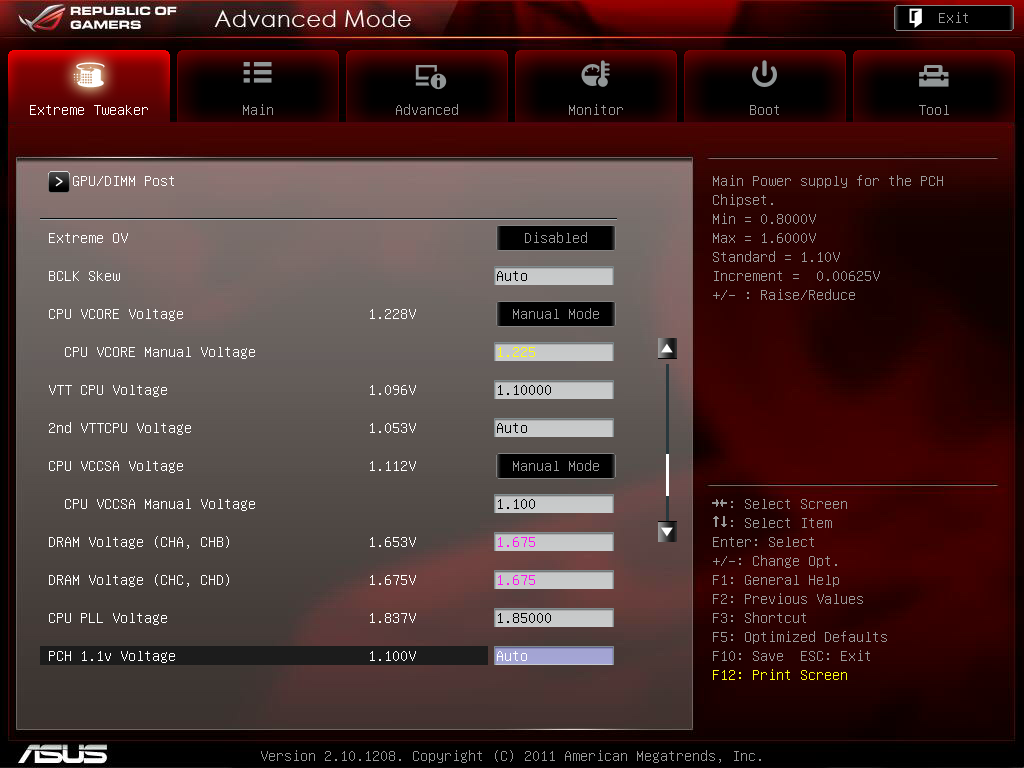

However, if you take the right precautions, the chance of damage to your chip is minimal. Overclocking also increases power consumption and heat, so you'll need to accept and accommodate those needs. Excessive voltage and heat can also result in reduced chip lifespan due to premature degradation if you don't stay within reasonable boundaries. As always, we have to caution that overclocking voids the warranty on any processor, and you run the risk of damaging your chip if you apply excessive voltage. CPU Overclocking Checklistīefore we start turning up the dial on the voltages and fans, you'll need to make sure that your system is ready for overclocking. Here's our guide that shows the steps you take to overclock your CPU. We also have CPU overclocking benchmarks showing the performance increases we achieved with relatively easy techniques. Today, we'll show you how to overclock your CPU and teach you how to unlock the hidden performance lurking under your heatspreader. Should you overclock your CPU? Well, there are a set of best practices that you should follow when you overclock your processor, and if you take a reasonable approach, the risk is minimal.


 0 kommentar(er)
0 kommentar(er)
